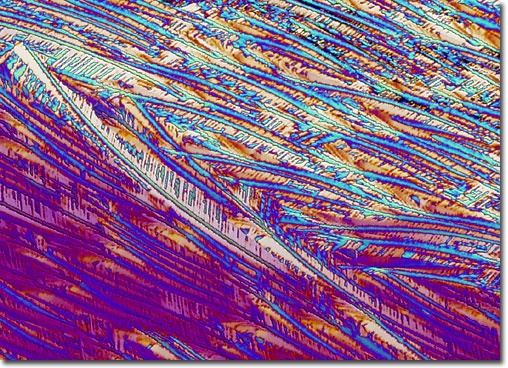|
DDI is a synthetic purine nucleoside that acts as a reverse transcriptase inhibitor. As such, the drug may prevent further reproduction of HIV viral cells, but does not affect existing cells. Studies indicate that DDI may also cause an increase in the number of CD4 helper white blood cells in the body, functioning to counteract the depressed counts associated with advanced stages of HIV. However, due to the severe nature of some side effects associated with the drug, when the United States Food and Drug Administration (FDA) initially approved DDI for the treatment of HIV/AIDS in 1991, it was designated solely for use after prolonged AZT treatments. Yet, in recent years, the FDA has approved DDI as a vanguard therapy that can be utilized early on in HIV/AIDS treatments.
|
